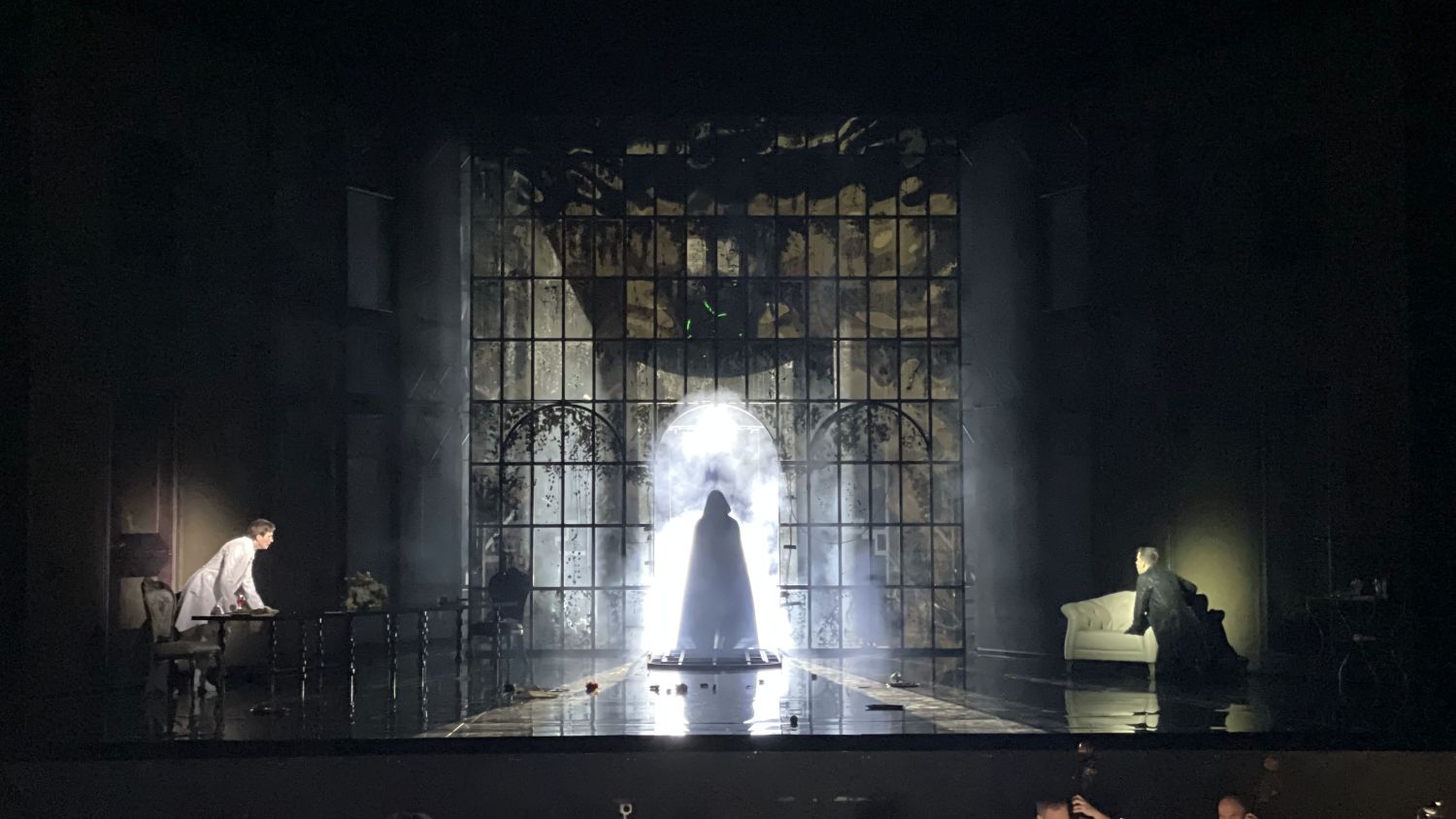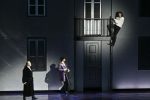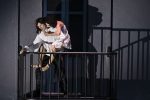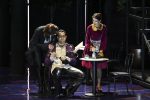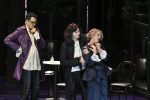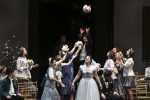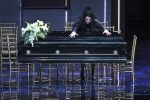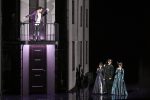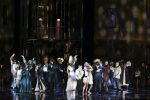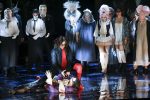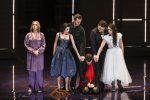Don Giovanni / 2021
IL DISSOLUTO PUNITO, OSSIA IL DON GIOVANNI (1787)
On October 21, 2021, the Dmitri Hvorostovsky Festival will present its opera production for the first time: the Hvorostovsky Krasnoyarsk State Opera and Ballet Theatre will host the highlight event of the Festival: the premiere of Wolfgang Amadeus Mozart’s opera Il Dissoluto Punito, Ossia il Don Giovanni (Don Giovanni or The Libertine Punished). In this opera, our glorious fellow-townsman Dmitri Hvorostovsky shone on the most famous stages of the world.
An international creative team united to create the production under the artistic direction of Anton Levakhin: music director and conductor Peter Feranec (Slovakia), assistant conductor and head accompanist Christian Koch (Austria), production director Michael Sturminger (Austria), production designers Renate Martin ( Germany), Andreas Donhauser (Austria), and Akhsar Muriev (Russia), lighting designer A.J. Weissbard (USA). They all are outstanding professionals collaborating with major international venues.
The soloists of the Krasnoyarsk Opera House and invited performers will take part in the show: Samuel Dale Johnson (baritone, Australia), Luca Pisaroni (bass-baritone, Italy), Maria Motolygina (soprano, Russia), Tatiana Hajzušová (soprano, Slovakia), Eugenio Maria Degiacomi (baritone, Italy), Alexander Nesterenko (tenor, Russia), Rauf Timergazin (baritone, Russia). A series of premiere shows is scheduled for October 21, 22, 23, 26 and 27.
The legend of a seductive and cynical debauchee has been spreading across Western Europe for many years. In 1630, the great playwright of the Golden Age of Spanish literature Tirso de Molina (aka Gabriel Téllez, a monk and doctor of theology), so to say, documented it in his play The Trickster of Seville and the Stone Guest. In it, Tirso de Molina developed all the main plot lines well-known nowadays. Vidmantas Siliunas, a specialist in Spanish theatre of the 16th and 17th centuries, noted: “Don Giovanni’s theatrical role is ambiguous: he is similar to leading juveniles of a high comedy and to heroes of slapstick comedies, called in Spain of the “Golden Age” sideshows that were performed during intermissions of dramatic shows … The stage character of the hero is grotesquely odd or, as the Spaniards of the 17th century said, monstrous. Don Juan is not only a rogue nobleman, a debauchee aristocrat, but he is also a theatrical monster: a mixture of a “leading lover” and buffoon.”.
The libretto written by Lorenzo Da Ponte for Mozart is a kind of crucible furnace in which elements, characters, storylines from different fantasies on a set theme are combined: thus, the motive of revenge appeared in Molière’s Dom Juan ou le Festin de Pierre, and the ideas of the Enlightenment are taken from Goldoni’s Don Giovanni Tenorio o sia Il Dissoluto levelling the wrath of God to an accidental coincidence. Giuseppe Gazzanigi’s opera Don Giovanni, o sia Il Convitato di Pietra to a libretto by Giovanni Bertati also played an important role. It is not known for certain whether Mozart knew this score, but Da Ponte knew Bertati’s text, followed it and even borrowed a spectacular opening – a scene in Donna Anna’s house *.
The opera premiered on the stage of the Estates Theatre in Prague in 1787. The citizens of Prague greeted Mozart’s new work quite rapturously, but the next performance in Vienna did not have such an enthusiastic response: Emperor Joseph II noticed that Don Giovanni was “too tough” for Vienna citizens. History has proved that the Emperor was wrong. Don Giovanni was performed at the opening of the modern building of the Vienna State Opera (1869) and was also presented in the first season when the theatre building had been restored after the Second World War (1955).
* When working on the text, the book by Pavel Lutsker and Irina Susidko “Mozart and His Time” was used / Moscow, Classic-XXI, 2015
Don Giovanni
Samuel Dale Johnson
Leporello
Luca Pisaroni
Donna Anna
Anna Avakyan
Donna Elvira
Daria Ryabinko
Don Ottavio
Alexander Nesterenko
Masetto
Rauf Timergazin
Zerlina
Violetta Grishko
Il Commendatore
Vladimir Alexandrovich
Musical director and conductor Peter Feranec
Stage director Michael Sturminger
Set and costume designers Renate Martin, Andreas Donhauser
Lighting designer A.J. Weissbard
Conductor assistant and accompanist Christian Koch
